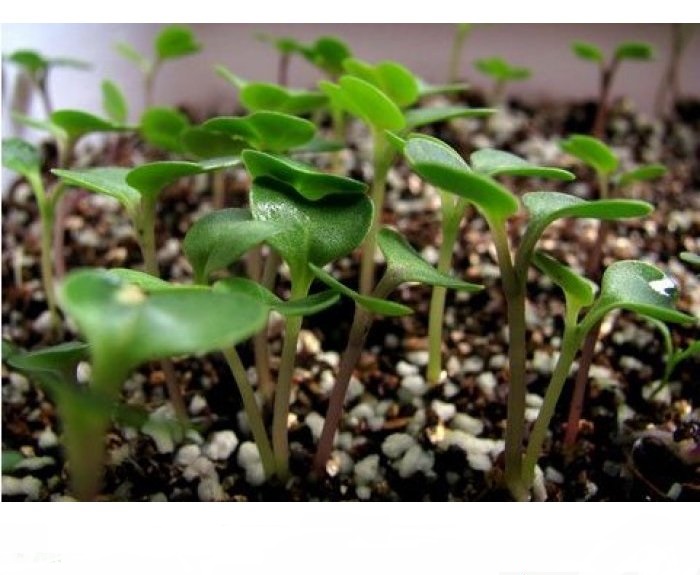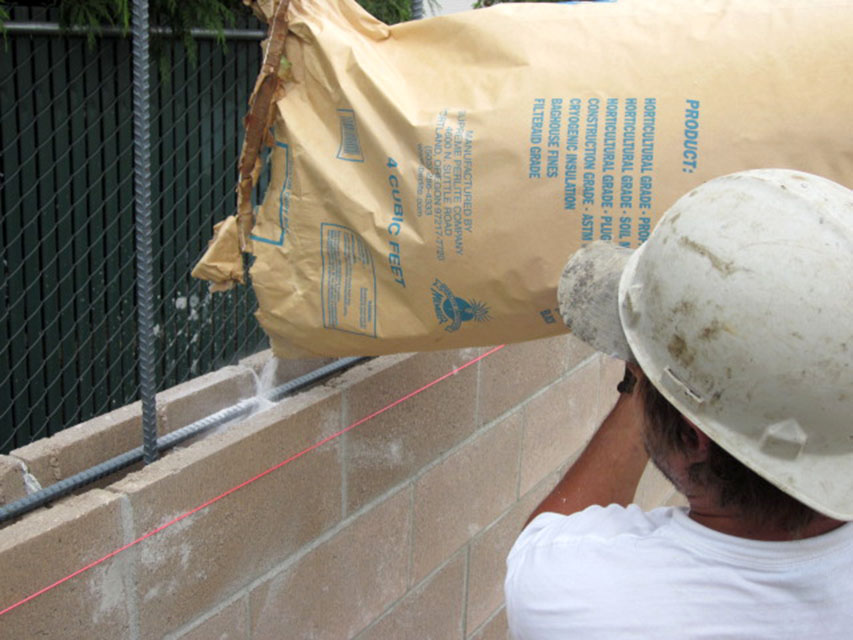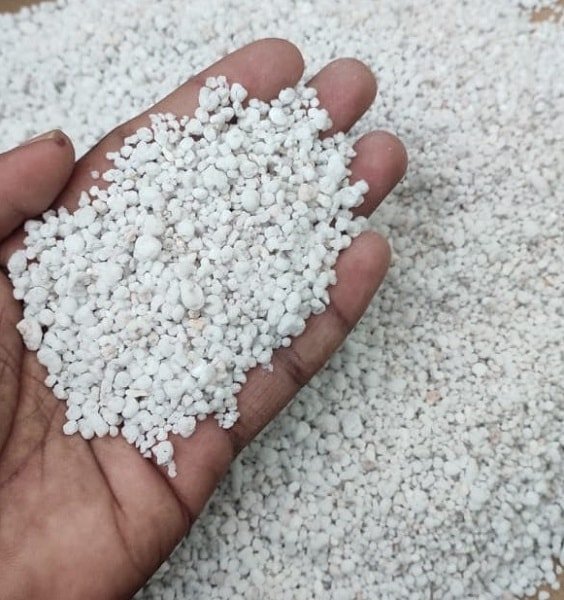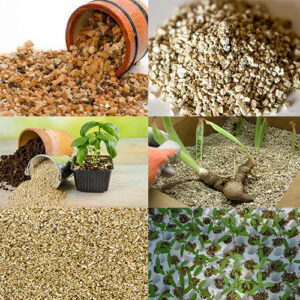Definition of Perlite
Perlite is a unique naturally occurring volcanic mineral which expands to about 13 times its original volume when it is heated to a temperature of approximately 1700°. During the heating process, the mineral particles pop like popcorn and form a granular, snow-white material so light in density that it weighs only about 5 to 8 pounds per cubic foot.
Perlite is a lightweight granular material that’s white in color. It looks and feels like little bits of polystyrene but is actually made from expanded volcanic glass, heated to 1000°C until it ‘pops’ (like popcorn) to many times its original size. It’s lightweight, sterile, and easy to handle, and is long-lasting. It’s neither alkaline nor acidic.
Perlite’s expanded nature makes it extremely porous, so it can absorb water, but it also improves drainage, so is ideal to mix into the compost to ensure water drains freely. Perlite is particularly useful in plant propagation, including taking cuttings and sowing seeds. Other materials that perform similar functions are vermiculite, grit, and sharp sand.
Advantages of using Perlite
- Its sterile nature makes it highly suitable for starting seeds. There is little risk of root rot or damping off.
- Naturally contains minerals needed for plant growth.
- A non-toxic substance that doesn’t require rinsing like some other growing media does prior to use.
- Neutral pH doesn’t need to be adjusted, nor will it adjust the overall pH when mixed with other components.
- It can be used alone or mixed with other media to create potting mixes.
- Great for seedling germination or plant propagation as the particles allow for plants to be pulled from the perlite without damage to the root systems when it’s time for transplanting.
- Reusable year after year since it doesn’t decompose.
- Low-cost option, perlite is cheaper than sand per cubic foot, costing about $4 or $5 per cubic foot.
- Easily available and simple to manufacture.
Key Properties of Perlite
- Perlite is great for seed starting mixes and blending your own custom potting soil mix
- Helps lighten and loosen heavy, compacted soils
- White granular pieces that contain about 6 percent water
- Perlite has a neutral pH level
- Holds nutrients and three to four times its weight in water
- Clean, sterile, odorless, and non-toxic
- Works as a lightweight sand substitute
- Won’t rot or mold
- Tends to float to the top of potted plant containers due to its lightweight
Perlite as a Soil Conditioner

- Horticultural perlite has proven to be an excellent material to use as a soil conditioner because it has certain characteristics which provide the following results:
- Soil structure is improved due to the near ideal air-water relation- ship that is developed in the growing media.
- The air holding capacity of the soil is increased and adequate drainage is assured.
- Over-watering and under watering losses are reduced due to the surface structure of the particle which retains 3 to 4 times its weight in water without penetrating the particle. Excess water will drain off.
- Cracking and crusting of soil surface is reduced or prevented.
- Soil compaction is prevented.
- A more even distribution of the root system throughout the entire growing media is made possible.
- Production costs are reduced in that the material is easy to handle, does not require sterilization and mixes may be accurately duplicated because of consistent perlite quality.
- Shipping weights and transportation costs are reduced.
- Uniform growing and propagating media are insured regardless of season or location.
Gardening: Perlite can be added to soil-less mixes to improve drainage and aeration, providing more oxygen to plant roots. It is also added to gardens as a soil additive to improve soil structure. Perlite also helps reduce soil compaction in clay soils. It is used as a standalone product to germinate seeds, root cuttings, and anchor/support root systems in hydroponic gardening setups.
Construction: Perlite is used as loose fill material in hollow concrete blocks or masonry walls for insulation.

Filtration: Perlite is increasingly being used to filter solids out of liquids in many applications. It is used to filter beer before it’s bottled to remove sediment and is used to filter stormwater runoff from roads and highways.
Manufacturing: Perlite is also used as an ingredient in lightweight concrete and plasters, ceiling tiles, and acoustical sprays to name a few.
Vermiculite is perfect for plants that enjoy lots of water, such as some irises and forget-me-nots. Perlite dries out too quickly for water-loving plants.
The amount of water that vermiculite holds is too much for plants like cacti, succulents, or rhododendrons, which need a well-draining soil.





Reviews
There are no reviews yet.